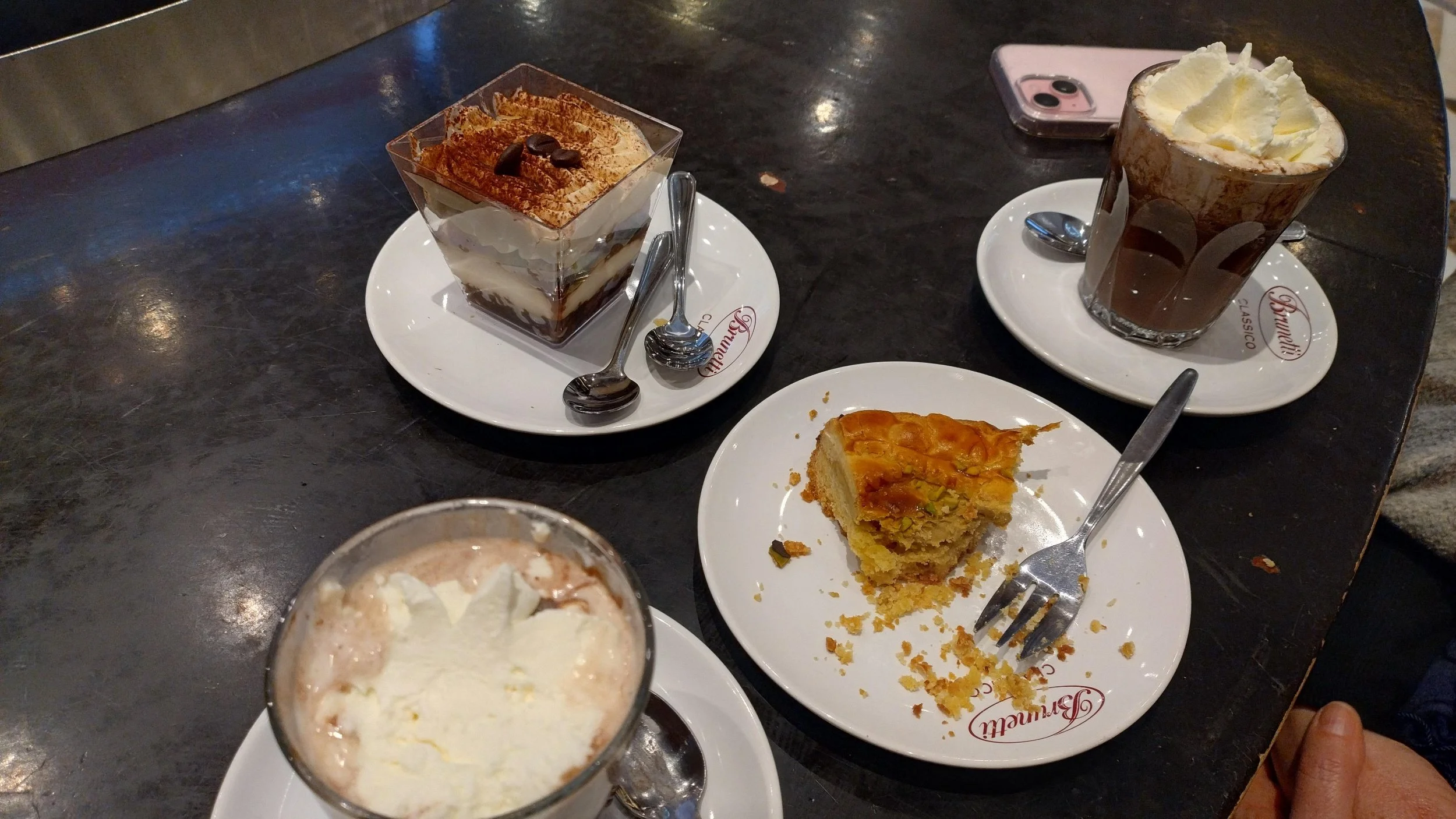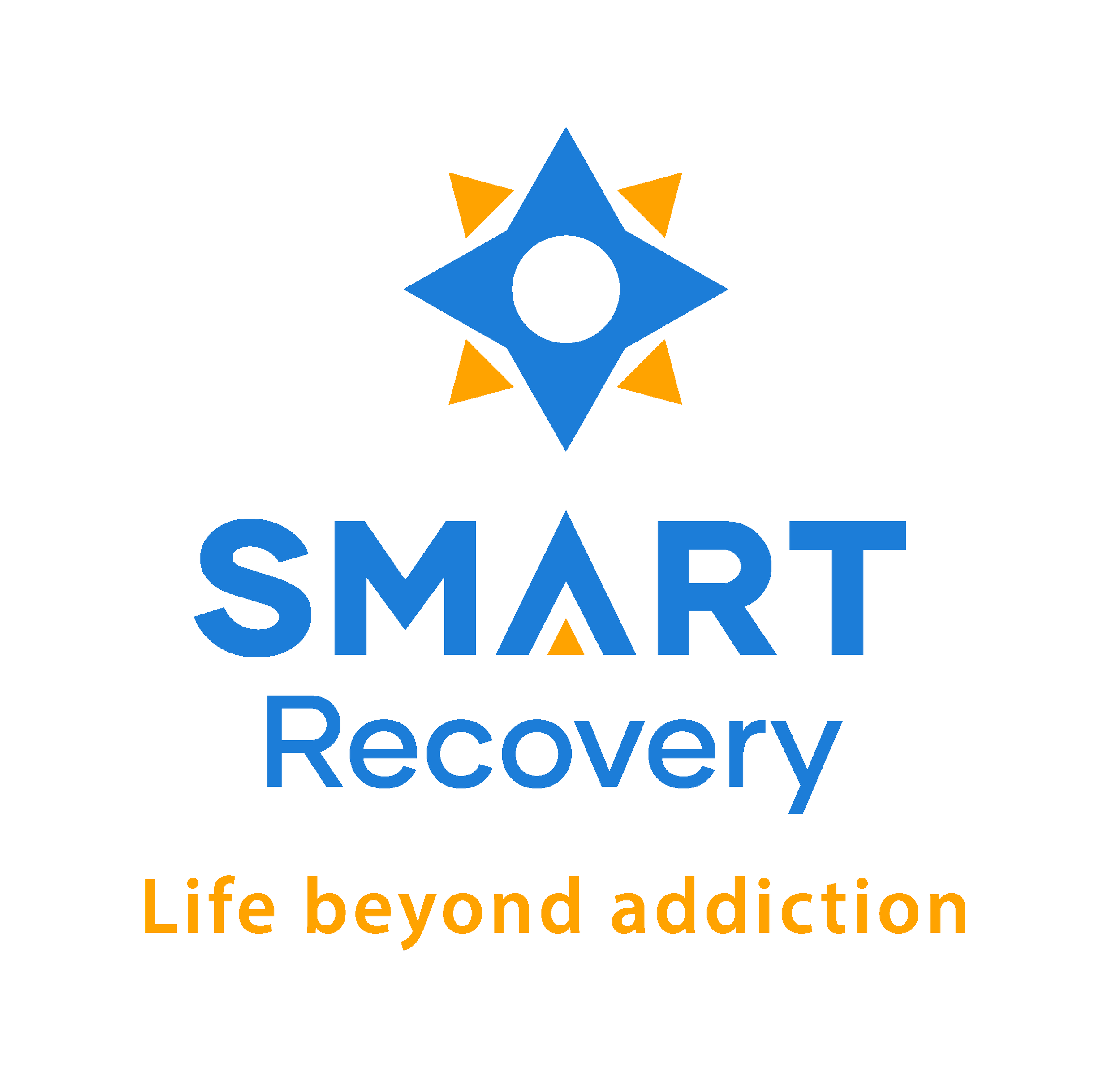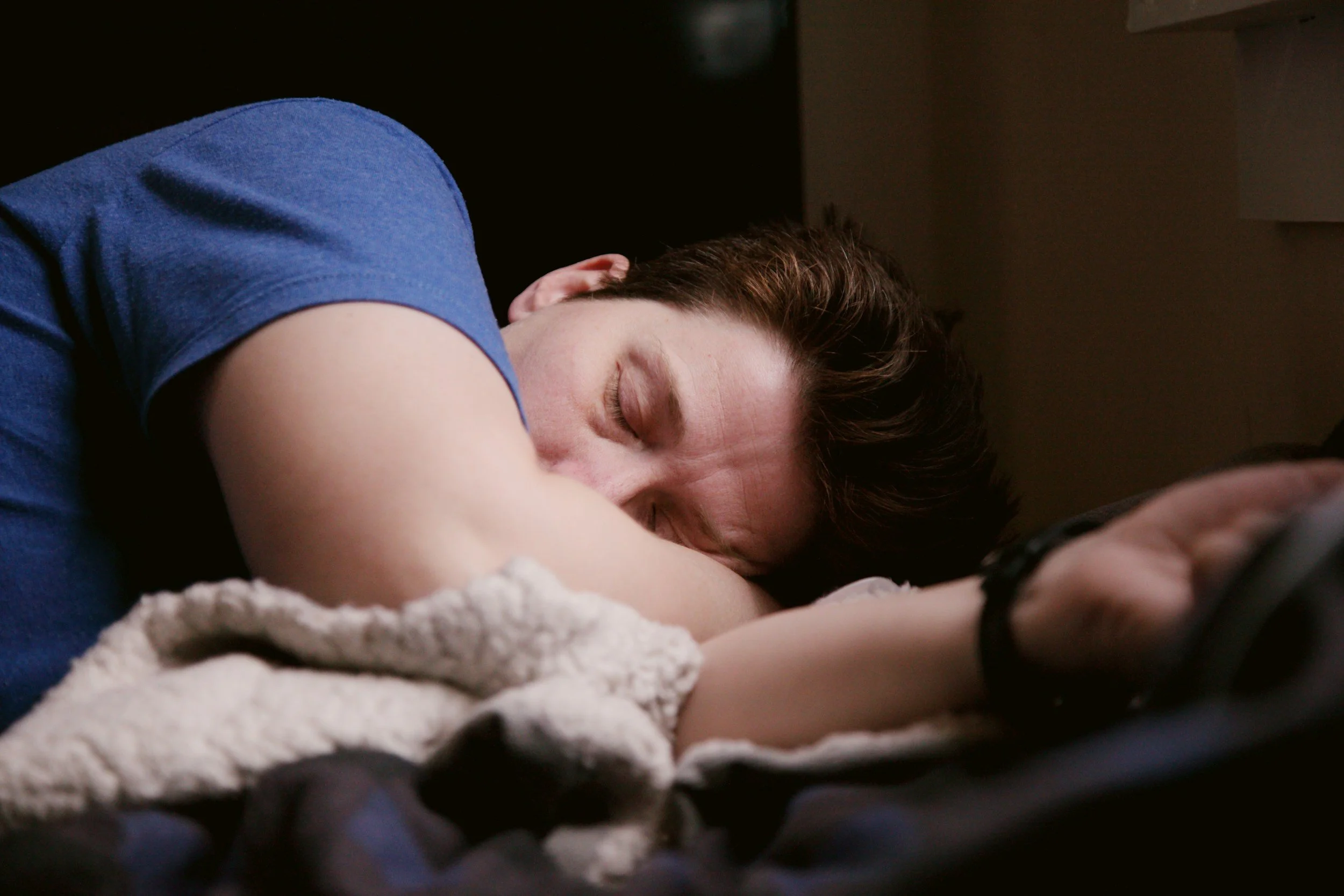The Biology of Peace
We’ve all been there. You get the promotion, you buy the new car, or you finally go on that dream holiday. For a moment, everything is perfect. You feel a sense of peace and arrival.
And then, a few days later… it’s gone.
The "new normal" sets in, and you’re back to your baseline level of anxiety or restlessness.
We usually blame our circumstances for this. We think, “If I just had a bit more money,” or “If my relationship was just a bit more stable,” then the peace would stick.
But science tells a different story. The problem isn’t your life; the problem is your biology. Specifically, your brain is fighting a constant battle to keep you unsatisfied.
Prioritising Connection
In the evolving landscape of mental health support, AI chatbots—built on generative AI and large language models—are becoming more common. While these tools can offer convenient, initial forms of support , it's crucial to understand their place: they are a supplement, not a substitute, for the deep, nuanced connection of a human professional.
The Power of 'No'
Setting Healthy Professional and Personal Limits
In today’s fast-paced world, where work and life often blend together, setting healthy limits is essential to maintaining your well-being and productivity. At Cheswick Consultants, we understand that balancing professional responsibilities with personal life isn’t always easy. However, establishing clear boundaries can help you thrive both at work and at home.
Taming the Imposter
Overcoming Self-Doubt and Owning Your Success
Self-doubt is a feeling many of us wrestle with, whether in our personal lives or at work. It creeps in quietly, making us question our abilities, second-guess decisions, and sometimes, even undermine our achievements. The good news is that overcoming self-doubt isn’t just possible—it’s essential to owning your success and moving forward with confidence.
AI Therapy
AI Is Not a Substitute for Human Therapists
Does the convenience of AI mean human therapists are on the brink of obsolescence? Even the AI systems themselves don't claim to replace human expertise. For example, when offering suggestions and strategies to cope with personal problems, services like ChatGPT explicitly state that their advice is no substitute for a trained professional's. They often conclude their guidance with a recommendation to "consider talking to a mental health professional."
Yoga helps Mental Health
Research indicates that yoga can increase grey matter volume and alter key functional networks in the brain. These neurobiological effects suggest a potential role for yoga in improving mental health outcomes.
The practice of yoga often involves physically demanding postures. For example, moving from a side plank into Camatkarasana, or "Wild Thing," requires significant strength, balance, and flexibility. The intensity of such poses demonstrates that, while often viewed as a purely physical exercise, the discipline engages the body and mind deeply.
Evidence-based?
In the world of psychology, there's a powerful and often-praised concept: evidence-based practice. At its heart, the idea is simple and logical—use methods that have been proven to work. On the surface, who could argue with that? We want therapy to be effective, and we want to know it is.
But what if this approach, in its rigid application, has become less of a guide and more of a cage? What if, in the pursuit of what can be measured, we've started to dismiss what truly heals?
SMART Recovery
SMART Recovery, which stands for Self-Management and Recovery Training, is a programme designed to aid individuals in overcoming addiction and managing addictive behaviours. It provides a science-based alternative to traditional approaches, focusing on building motivation, coping strategies, and life skills.
The Heart of Executive Function
Beneath the surface of these intricate cognitive mechanisms lies a deeper, often overlooked element – a calm, focused, and self-aware mind. This, as profound insights gleaned from psychology and the enduring wisdom of traditional meditation reveal, is the very essence, the still core, of truly effective executive function.
Develop New Habits Program
The Mind Yoga + out patient recovery program is a time intensive, psycho-physiological program in which participants learn a range of new habits and practices:
Maximum of 4 participants each week
8-10hrs per day
Founded on sound scientific research.
Invest in Recovery
Considering rehabilitation for addiction is a monumental step towards reclaiming your life and well-being. For many, alongside the emotional and physical challenges, a significant concern is the financial aspect. Understanding the cost of rehab in Australia isn't just about the price tag; it's about recognising the investment you're making in a healthier, more fulfilling future. This decision is often made against the backdrop of the immense toll addiction can take on finances, relationships, and career.
Gardening for Addiction Recovery
Gardening has emerged as a therapeutic tool that offers a myriad of benefits for individuals in addiction recovery. Engaging with the earth and nurturing plants provides not only a physical outlet but also psychological support in the healing process. This article explores the multifaceted advantages of gardening as a supplementary method for overcoming addiction, supported by current research and analysis.
Walking for Addiction Recovery
Addiction recovery is a complex and multifaceted journey, requiring holistic approaches that support both physical and mental well-being. One such effective approach is walking. This simple yet powerful form of exercise offers numerous benefits that can significantly aid individuals in their recovery from addiction.
Making Peace with Your Plate
Understanding Your Inner Eaters for Balanced Eating
Have you ever felt like there's a battle going on inside you when it comes to food? One moment you're craving comfort, the next you're determined to stick to strict rules. You're not alone. Many of us experience internal conflicts that significantly influence our eating behaviors. The key to a healthier relationship with food lies in understanding and integrating the different "inner eaters" within us. This recognition can be a truly transformative step towards achieving a balanced and mindful approach to nourishing your body.
Make Your Decision the Right One
Outcomes Are Neutral: We Assign Meaning to Them
Life is a series of choices, and the weight we place on “right” or “wrong” outcomes often paralyzes us.
What if, instead of worrying about whether a decision is correct, we made it right through our commitment and perspective?
This shift—from seeking external validation to creating internal alignment—liberates us from the endless cycle of doubt and regret. Life is a series of decisions, each carrying the weight of imagined consequences.
Yet, at their core, outcomes are neutral—neither inherently good nor bad. It is we who assign them meaning, weaving stories of success, failure, regret, or triumph. This act of interpretation shapes our stress, joy, and self-worth, often trapping us in cycles of overthinking and fear.
The Guest House
Translated by Coleman Barks
This being human is a guest house.
Every morning a new arrival.
A joy, a depression, a meanness,
some momentary awareness comes
as an unexpected visitor.
Welcome and entertain them all!
Even if they’re a crowd of sorrows,
who violently sweep your house
empty of its furniture,
still, treat each guest honorably.
He may be clearing you out
for some new delight.
The dark thought, the shame, the malice,
meet them at the door laughing,
and invite them in.
Be grateful for whoever comes,
because each has been sent
as a guide from beyond.
Aware Ego Process
In fact, when we are convinced we are operating from an aware ego, we are likely not. We are most probably identified with a spiritual self, a rational mind, or a control self. All of these have a sense of certainty to them, and they like to masquerade as the aware ego, claiming authority and dictating our experience.
The Body Keeps the Score
Just as "The Body Keeps the Score," the aware ego process recognizes the body as a source of wisdom and healing. By attuning to our embodied experience, we can begin to unravel the layers of trauma, cultivate self-compassion, and move towards a more integrated and fulfilling life.
Aware Ego Process in Relationships
The Aware Ego Process can help us understand and improve our relationships.
The Dance of Vulnerability and Power
Relationships are dynamic. They involve a constant interplay of energies, often characterized by a dance between vulnerability and power. We can use the parent-child archetype to illustrate this dynamic:
A Two-Part Exercise
Identify an Irritating Person:
Bring to mind an image of someone you find very irritating. This could be someone you know personally, a public figure, or even a character from a movie or book.
Allow their image to come to you effortlessly.




















